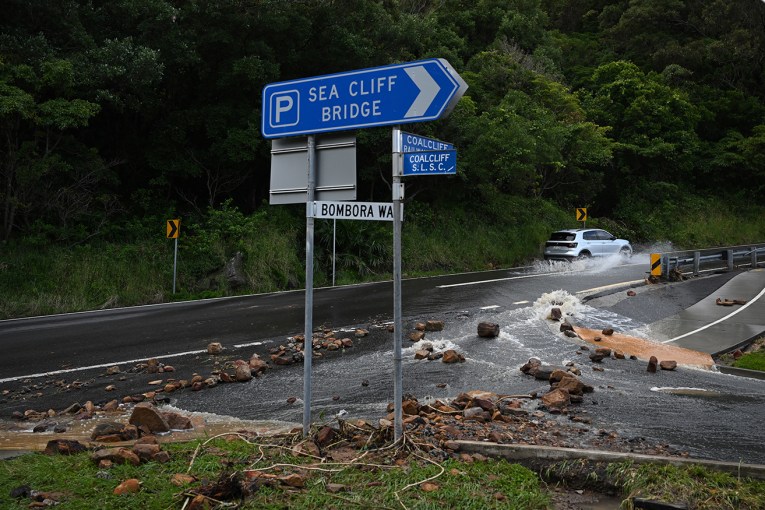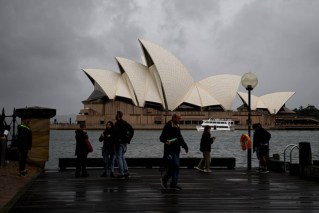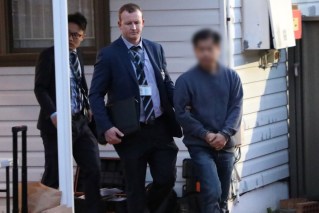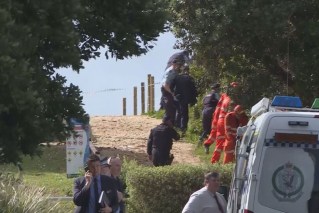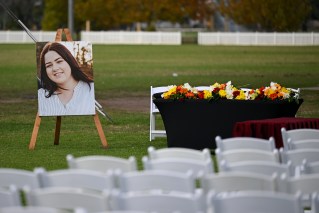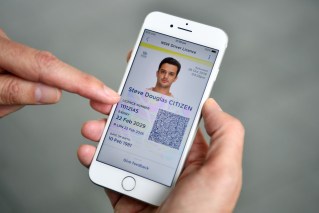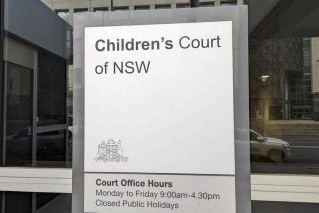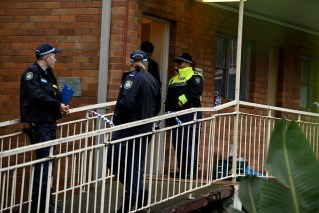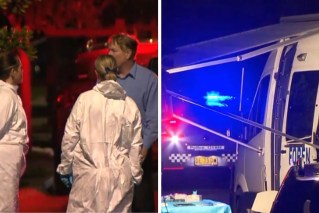Sexual harassment hotspots in Sydney named
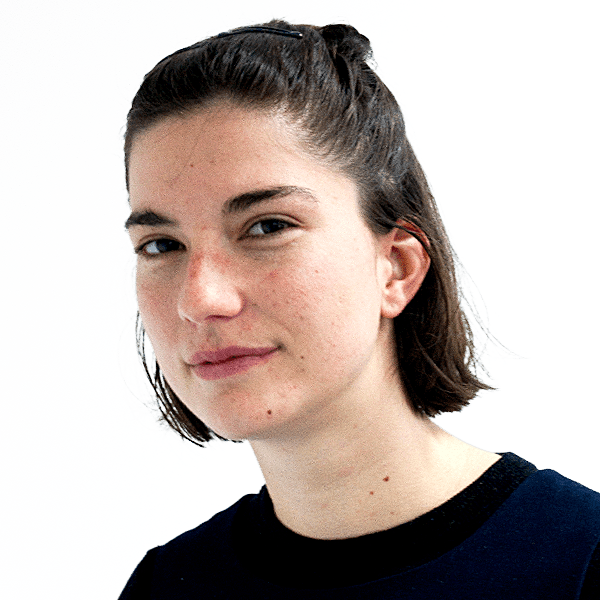
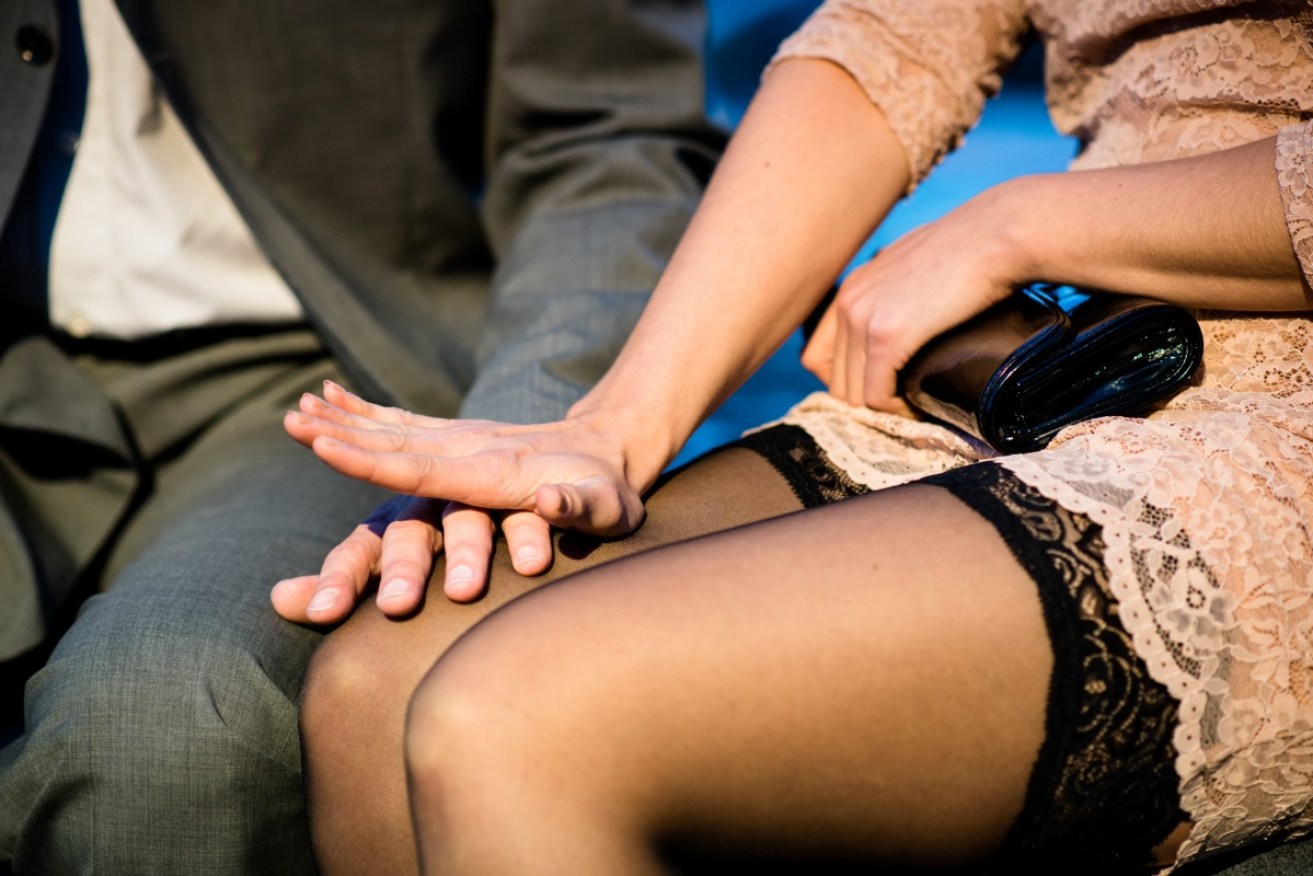
Women have named the least safe areas in Sydney. Photo: Getty
The places women are most likely to be sexually harassed in Sydney have been named.
Kings Cross, George Street near Town Hall, Pyrmont Bridge and Newtown’s King Street were areas women frequently reported feeling unsafe, according to a new interactive mapping tool.
More than 2500 women plotted their experiences in the Sydney-based Free to Be map since it was launched by Plan International last month.
Wentworth Park was also named as one of the least safe areas for women, but the logs appear to be by the same person protesting the presence of homeless men. Property data shows the median sale price of houses in that area, in the suburb of Glebe, was $2.015 million in February.
Public transport hubs emerged as some of the least safe areas plotted on the map. Clusters of sexual harassment incidents were reported at Central bus and train stations, as well as St Peter’s, Blacktown and Parramatta stations.
The New Daily contacted Transport for NSW for comment.
Conversely, ferries at Circular Quay were deemed as being safe. Central Park, the University of New South Wales and Macquarie University campuses were also frequently thought of as safe, along with McIvor Baths in Coogee and the gay strip of Oxford Street.
Many of the logs on George Street relate to being followed or groped.
“A man was following me down George Street while it was really busy, I tried to enter shops and then come out again, but he would wait outside and continue following me until at one point he grabbed my backside,” one woman said.

George Street near Town Hall was one of the areas with the most frequently reported incidents of street harassment. Photo: Plan International
“I didn’t say anything to him because it felt like he would become aggressive.”
A 16-year-old girl said she was “groped on the groin” walking down George Street in broad daylight.
In Ultimo, one woman reported being routinely cat-called by garbage truck drivers down Mountain Street in Ultimo.
A City of Sydney spokesperson said no complaint had been made in relation to that report, but encouraged the woman to do so.
“It is important to note that many garbage trucks driving through the City of Sydney are not owned or contracted by the City.”
The spokesperson said the council took harassment “very seriously”, and noted most forms of crime were trending downwards in Sydney.
“The City is working closely with police and other partners to deliver a range of safety initiatives in Sydney to improve the reporting of sexual assault and harassment to ensure those affected received the support they need.”
Plan International Australia’s CEO Susanne Legena said Sydney was one of the safest cities in the world.
“But even so, it could be improved by acknowledging street harassment is a problem that really needs to be addressed,” she said on Tuesday.
“We want to see those with a stake in city safety, whether it is councils, city planners, police or transit authorities, step up and take this issue seriously. We need a concerted effort to tackle this problem, which stems from deep seated inequality that still exists in all societies.”
Plan International released the results of its Sexism in the City report on Tuesday, after surveying 500 women aged 18-25 in Sydney.
It revealed one in three young women who have been harassed more than once a month self-report anxiety or depression as a direct result.
One in three said they were first harassed between the ages of 11 and 15.
One in 10 instances involved physical violence or sexual assault, and the perpetrators were men 95 per cent of the time.
In an emergency phone 000.
